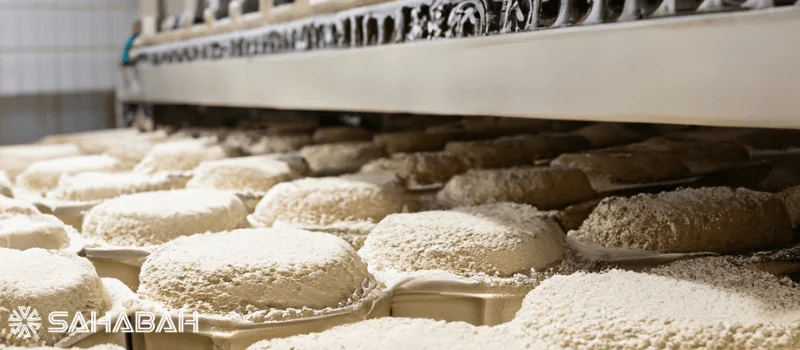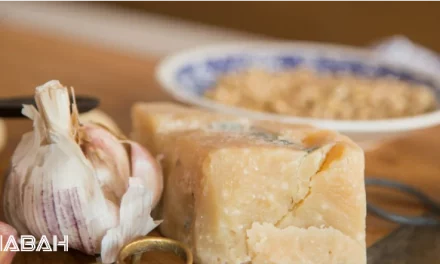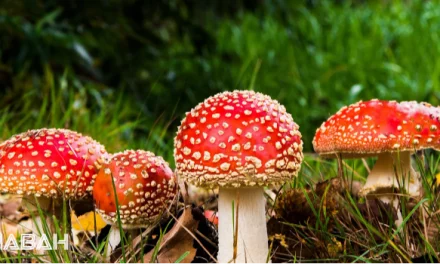Yeast is a common ingredient used in baking breads, brewing beers, and fermenting wines. But is it considered halal or haram in Islam? There has been much debate around the halal status of yeast. This article will examine the evidence on both sides of the argument.
What is Halal?
Halal is an Arabic word that means “permissible” or “lawful” in Islam. It refers to foods, drinks, and other things that are allowed for Muslims to consume or use:
“O mankind, eat from whatever is on earth [that is] lawful and good and do not follow the footsteps of Satan. Indeed, he is to you a clear enemy.” (Quran 2:168)
Haram is the opposite of halal and refers to anything prohibited under Islamic law.
The criteria for halal food includes:
- It does not contain any parts of haram animals like pork or blood
- It was slaughtered according to Zabiha rules
- No intoxicants like alcohol are used
- Foods containing toxic, hazardous, or poisonous ingredients are prohibited
The Yeast Debate
Yeast is a microorganism that converts sugar into carbon dioxide and alcohol through the process of fermentation. This is the same process used to brew beer and leaven bread.
The core of the debate is whether the trace amounts of alcohol produced as a byproduct of yeast fermentation should prohibit its use as an ingredient. We will examine the evidence and arguments on both sides.
Arguments That Yeast is Halal
There are several reasons why many Islamic scholars and Muslims consider yeast and yeast extracts to be halal:
- Yeast is used primarily for the fermentation process, not for intentional alcohol production. The small amounts of alcohol produced are an incidental byproduct.
-
The ethanol alcohol produced by yeast is very minimal, usually less than 1%.
“A study found that a typical pizza dough fermented by yeast produced only 0.3785% ethanol by volume, which quickly evaporates during baking.”
-
Cooking evaporates any traces of alcohol that is produced.
-
Most Islamic legal bodies allow foods where alcohol is not their primary ingredient and occurs incidentally in tiny amounts that evaporate through processing.
-
Yeast extracts go through further processing that removes alcohol traces.
-
Certain yeasts like nutritional yeast do not produce any alcohol at all during their growth process.
| Type of Yeast | Alcohol Produced? |
|---|---|
| Baker’s yeast | Small trace amounts |
| Nutritional yeast | No |
| Brewer’s yeast | Yes, used in beer brewing |
So in summary, there are good arguments that standard baker’s yeast and nutritional yeast should be considered halal, since they are not used for intentional alcohol production and contain only evaporative trace amounts.
Arguments Against Yeast Being Halal
However, there are also reasons why some Muslims believe yeast should be avoided:
- Alcohol is strictly prohibited in the Quran, with no exceptions made for small amounts:
“Intoxicants, gambling, [sacrificing on] stone alters [to other than Allah], and divining arrows are but defilement from the work of Satan, so avoid it that you may be successful.” (Quran 5:90)
-
Yeast fermentation undeniably produces ethanol alcohol, even if in minuscule amounts.
-
There is a risk of trace amounts of alcohol remaining in bread or other products after cooking.
-
It is impossible to completely verify if all alcohol content has fully evaporated after cooking.
-
Certain yeasts like brewer’s yeast are known to produce higher alcohol levels and are used in beer and wine making.
| Type of Yeast | Alcohol Amount | Halal Status |
|---|---|---|
| Brewer’s yeast | Higher alcohol | Not halal |
| Baker’s yeast | Trace amounts | Questionable |
So in summary, while alcohol traces may be minimal, some Islamic scholars and Muslims advocate avoiding all forms of yeast to be cautious and avoid any chance of consuming alcohol.
Types of Yeast and Halal Considerations
There are various types of yeast that each have different halal considerations:
Brewer’s Yeast
- Brewer’s yeast is used in beer brewing and produces high levels of alcohol through fermentation.
- It is unanimously considered haram by Islamic scholars due to its alcohol production.
Baker’s Yeast
- Baker’s yeast is used to leaven bread.
- It produces trace amounts of alcohol as a byproduct.
- Most scholars consider it halal, but some advocate avoidance to be cautious.
Nutritional Yeast
- Nutritional yeast is grown on molasses, not an alcohol-containing medium.
- It does not produce any alcohol in the growth process.
- Nutritional yeast is considered completely halal by all Islamic legal bodies.
Yeast Extracts
- Yeast extract is a food flavoring made from yeast.
- It goes through further processing that removes alcohol traces.
- Checking for halal certification is recommended.
| Type of Yeast | Alcohol Level | Halal Status |
|---|---|---|
| Brewer’s yeast | High | Haram |
| Baker’s yeast | Trace | Most: Halal, Some: Avoid |
| Nutritional yeast | None | Halal |
| Yeast extract | None | Check certification |
So in summary, the halal status depends on the type of yeast and its production process. Nutritional yeast and halal-certified yeast extracts are safer options for observant Muslims.
Is Yeast Halal – FAQ
What is yeast?
Yeast is a type of microorganism that is used in the process of fermentation. It is commonly used in baking to make bread and other baked goods rise.
Is yeast considered halal?
Yes, yeast is considered halal. It is a natural ingredient and is permissible to consume according to Islamic dietary laws.
What is the halal status of yeast extract?
Yeast extract is a natural product derived from yeast and is generally considered halal. However, it is always recommended to check for halal certification on food products that contain yeast extract.
Can I consume yeasts such as torula yeast, brewers yeast, or nutritional yeast?
Yes, you can consume yeasts such as torula yeast, brewers yeast, and nutritional yeast. These types of yeasts are considered halal and are commonly used in food products.
Is brewer’s yeast halal?
Yes, brewer’s yeast is considered halal. It is a type of yeast that is used in the brewing process but is also safe for consumption for halal diet.
Can yeast be used to make beer?
Yes, yeast is also used in the process of making beer. However, once the beer is fermented and the yeast has transformed into alcohol, it becomes haram (forbidden) to consume according to Islamic dietary laws.
Is there anything wrong with putting yeast in the dough?
No, there is nothing wrong with yeast added to the dough. Yeast is commonly used in bread-making to help the dough rise and create a light and fluffy texture.
Can halal certification be obtained for yeast?
Yes, halal certification can be obtained for yeast. Some manufacturers may choose to certify their yeast products as halal to cater to Muslim consumers.
Is yeast a halal ingredient in food products?
Yes, dry yeast is considered halal ingredient in food products. It is widely used in various food preparations and is considered permissible to consume.
Is yeast extract halal?
As mentioned earlier, yeast extract is also generally considered halal as it is a natural derivative of yeast. However, it is always recommended to check for halal certification on food products containing yeast extract.
Conclusion
There are reasonable arguments on both sides of the yeast halal debate. Here is a summary:
Arguments it is halal:
- Yeast alcohol is a natural byproduct, not intentionally produced
- Amounts of alcohol are negligible
- Alcohol evaporates upon cooking
- Some types like nutritional yeast don’t produce alcohol
Arguments it is haram:
- Quran prohibits all intoxicants strictly
- Yeast fermentation does produce some alcohol
- Impossible to verify all alcohol content is gone
- Types like brewer’s yeast produce more alcohol
The majority consensus seems to be that standard baker’s yeast is halal since it does not intentionally produce alcohol and contains only incidental evaporative traces. However, some observant Muslims prefer to avoid it.
Nutritional yeast and halal-certified yeast extracts appear to be safer options for Muslims concerned about the halal status of yeast. As with any debatable ingredient, it is best for each individual to make their own informed decision based on their interpretation of Islamic principles.





